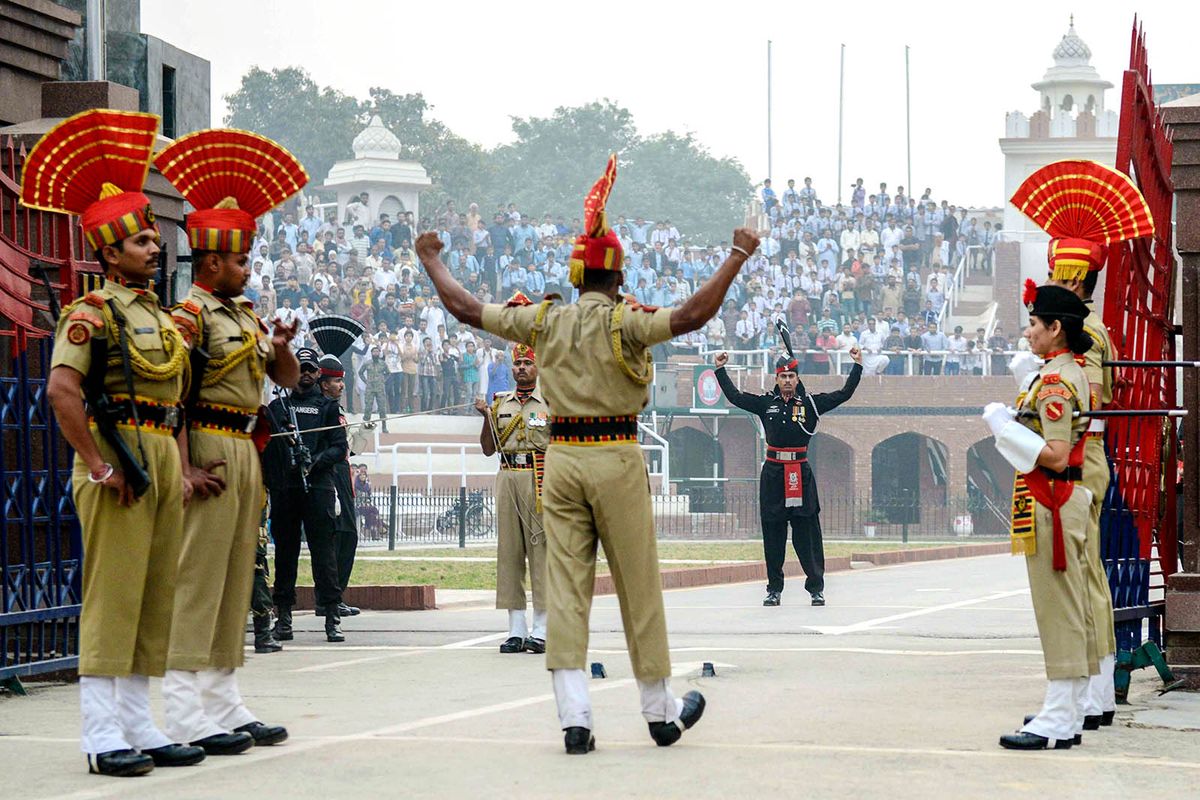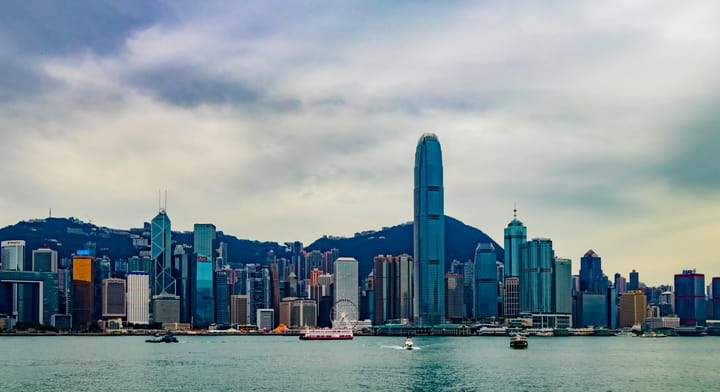Pakistan accuses India of sponsoring terrorist groups as relations worsen

A few minutes every morning is all you need.
Stay up to date on the world's Headlines and Human Stories. It's fun, it's factual, it's fluff-free.
In the latest development of the two nation’s long-standing rivalry, Pakistan accused India of being a “state-sponsor of terrorism” on Wednesday. Prior to the accusation, the nation had already pushed a motion before the United Nations Security Council (UNSC) to designate four Indian nationals as terrorists, which has since been stonewalled.
“Taking advantage of the prolonged conflict in our neighbourhood, India has fomented terrorism inside Pakistan by providing training, financial and material support to terrorist groups to kill innocent people in Pakistan,” read a statement from the Pakistani Ministry of Foreign Affairs.
“These Indian nationals are now residing in India with impunity which vindicates Pakistan’s position that India is a state-sponsor of terrorism.”
However, Pakistan is also no stranger to accusations of supporting terrorist acts. Recently, the United States, a political ally of India, published the Country Reports on Terrorism 2019 which stated that Pakistan “continued to serve as a safe haven for certain regionally focused terrorist groups.”
Pakistan has “made no effort to use domestic authorities to prosecute other terrorist leaders … [who] are widely believed to reside in Pakistan under the protection of the state, despite government denials," said the report released by US Secretary of State Mike Pompeo.
However, the report praised India’s anti-terrorism efforts, stating that “India continued to apply sustained pressure to detect, disrupt, and degrade terrorist activities within its borders."
While India did not immediately respond to Pakistan’s recent terrorism claims, the two nuclear-armed nations have been known to trade other accusations regarding espionage, harassment and torture among other crimes.
On Tuesday, a day before Pakistan’s public accusation, India announced their intention to expel half of the staff from Pakistan’s embassy in its capital New Delhi, as well as reduce their own embassy staff in Pakistan’s capital Islamabad by the same proportion. Two Pakistani embassy officials have already been expelled from India in May over spying allegations.
This announcement from the Indian side came after two Indian diplomats reported experiencing “barbaric treatment” from Pakistani officials after they were arrested for reckless driving, injuring a pedestrian and possessing counterfeit currency notes.
India then released a statement condemning Pakistan, saying that “The behavior … is not in conformity with the Vienna Convention and bilateral agreements on the treatment of diplomatic and consular officials.”
In response, Pakistan’s Ministry of Foreign Affairs said it “categorically rejects and strongly condemns the baseless allegations made by the Indian Ministry of External Affairs.”
Pakistani Minister of Foreign Affairs Shah Mahmood Qureshi proceeded to suggest that India was trying to find an excuse for an operation against Pakistan to divert attention from the recent conflicts with China left India “beaten and embarrassed.”
“If 50% of our embassy staff comes back, then the Indian Embassy staff will also go back,” he added.
Although this is not the first time that India and Pakistan have expelled each other’s diplomats, the move marks the greatest embassy staff cut since a terrorist attack on the Indian parliament in 2001.
Rajeev Bhatia, a fellow at Mumbai-based think tank Gateway House and a veteran Indian diplomat, said that the planned “deep cut” is “indicative of the dismal condition of the bilateral relationship.”
Former officials from both sides have also publicly stated their concerns that the move could potentially lead the two nations on a path to terminate relations altogether.
“I see a further downsizing [of] embassy strengths of the two countries in the coming months,” said Brahma Chellaney, a former Indian national security adviser.
Asid Yasin, a retired Pakistani general and former defense secretary echoed Chellaney’s views, saying that “with the latest expulsions, relations are now at an all-time low, outside of the three major wars the two countries have fought since independence from colonial power Britain in 1947.”
“[Relations] are as bad as they can be,” Yasin added.
“It is possible we will break diplomatic relations altogether.”
Have a tip or story? Get in touch with our reporters at tips@themilsource.com




Comments ()